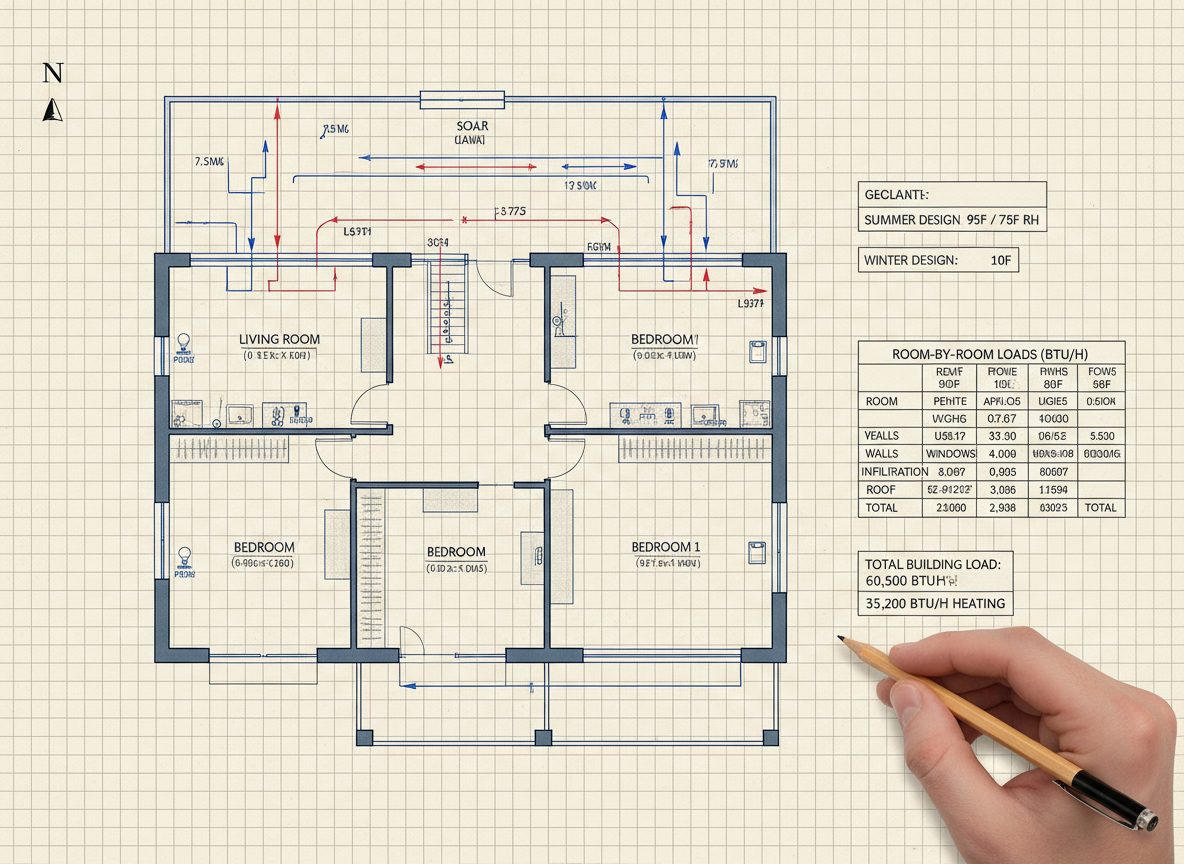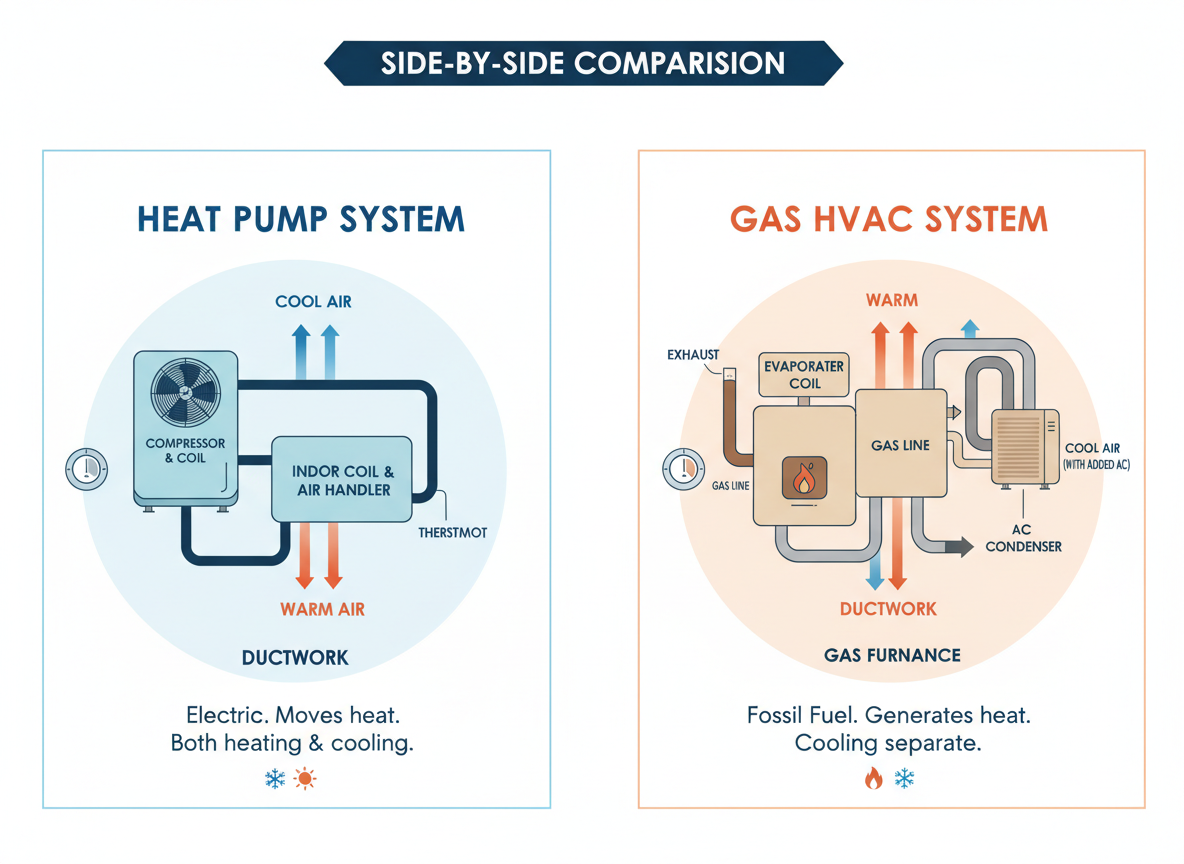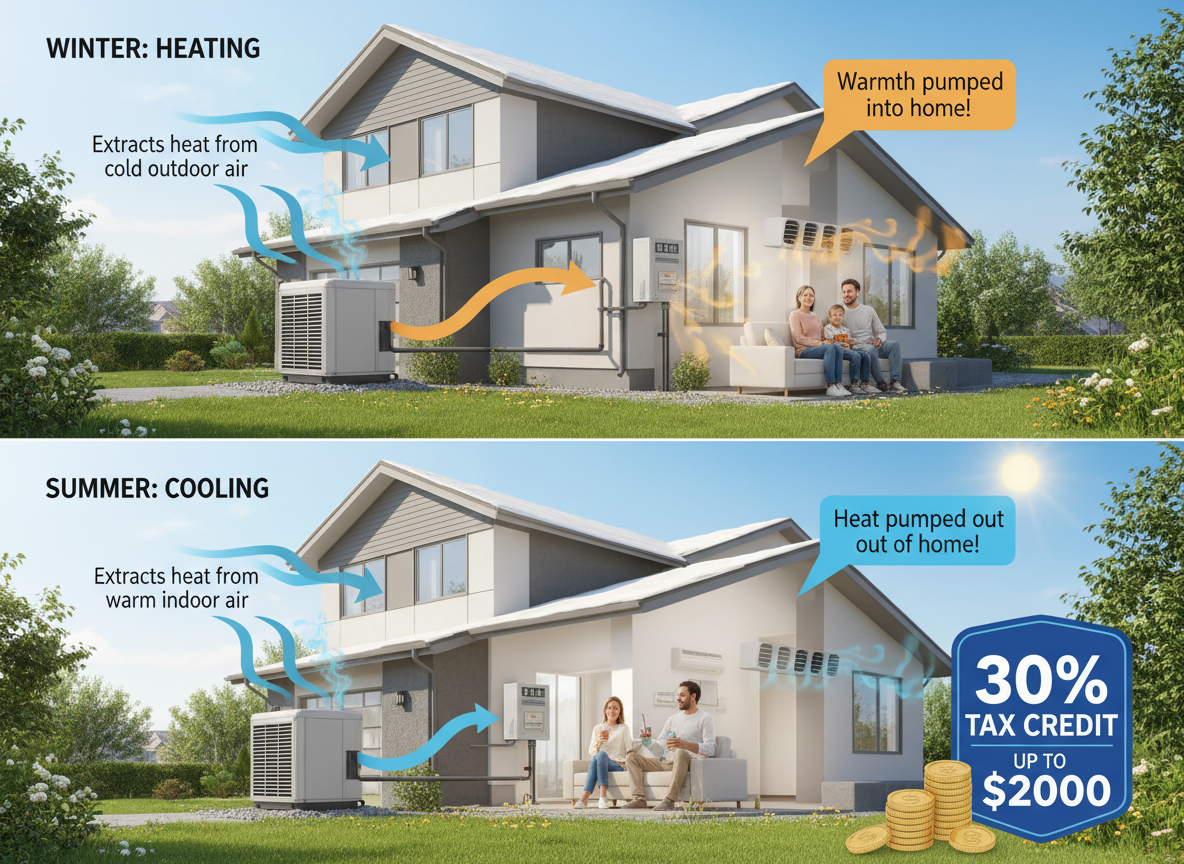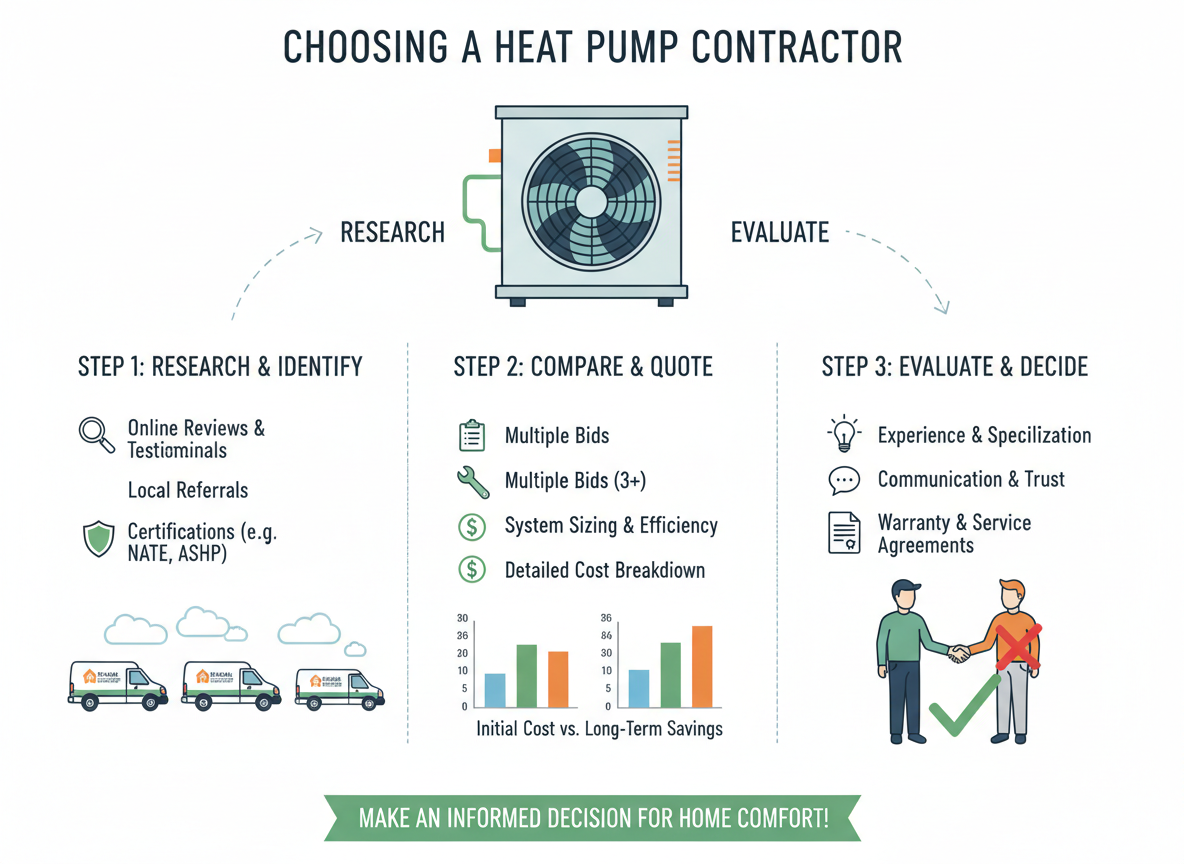
Why is my AC leaking water? During normal operation, your air conditioner will produce small amounts of condensation. Where does the condensation come from? The evaporator coil indoors is responsible for cooling the warm air blown over it. This produces condensation to form on the coil. This condensation then drips down into the drain and out of your home through the condensate drain line. How much condensation is produced varies and can be affected by the thermostat setting and outdoor temperature. A small amount of condensation near the ac drainpipe is normal. On a hot summer day in the San Fernando Valley you can expect to see more water leaking than average. This is a result of your air conditioner working harder on hotter days. With that in mind, read on below to find out what causes ac to leak water inside your home.
Most Common Causes of AC Water Leaks In Order:
Clogged Condensate Drain Line
By far the most common reason for an AC leaking water is a clogged drain line. The condensate drain line is responsible for transporting the collected water out of the unit. The condensate drain line can become blocked or clogged if rust, dirt, debris, or algae builds up. If the condensate drain line is clogged it can cause the AC to leak. If you think the drain line is clogged give us a call and we'll have a professional technician come out diagnose and fix the issue right away.
Disconnected Drain Line
Even if your AC was installed professionally and correctly, the drain line can become loose over time. It is possible that with time the drain line can completely disconnect from your AC which will cause a water leak.
Damaged Drain Pan
The evaporator coils are an essential component of the central HVAC system. These coils sit on top of the furnace and drop to cold temperatures to cool the air to the desired level. As the air conditioning completes its cycle throughout the day condensation is produced. As a result, there is a drain pan in place underneath the evaporator coils; to collect the condensation. Common in older air conditioners, the drain pan may become damaged or rusted which can cause water to just fall right through. If this happens, you will need to replace the pan. If you have a horizontal system in your attic, there will be two pans installed. One underneath the evaporator coil, with the second drain pan underneath the entire unit as a backup drain pan. The secondary drain pan can also wear down over time. These pans endure higher temperatures can lose moisture and crack causing water to spill out.
Damaged Condensate Pump
Your system may be equipped with a condensate pump. This pump is responsible for pumping the water outside. If the pump becomes damaged and breaks, it will not be able to pump out the excess water from the drain pan. In order to remedy this, the pump will need to be repaired or replaced, to prevent water overflowing from the pan.
Dirty Air Filter
A dirty air filter restricts the airflow over the evaporator coils. When the airflow is restricted, the evaporator coil can become too cold and freeze over. As it begins to melt, the moisture begins to drip down. The water produced could be too much water for the drain pan to handle causing it to overflow and leak. Check your filter at least once a month during the summer cooling season and change it as needed. As mentioned before, a properly working AC will produce a bit of condensation. However, if you notice excess water regularly leaking contact a professional to have it inspected right away.
Low Refrigerant
Low refrigerant levels can be the cause for several issues with your air conditioner. Like a dirty air filter, low levels of refrigerant can cause the evaporator coils to freeze due to low pressure in the AC system. If the evaporator coils freeze, it could lead to the drain pan overflowing and leaking water. Some signs of low refrigerant are an AC that is not cooling well, or you will hear a hissing or bubbling noise (refrigerant leak). If the reason for low refrigerant levels is a refrigerant leak you will need to repair the leak or possibly have to replace the whole unit.
Low Temperatures
If the temperature outdoors is below 60 degrees, and you try to run your air conditioner the evaporator coil can freeze over, causing a water leak. To avoid this, do not run your air conditioner if the outdoor temperature is below 60 degrees.
About LA Heating & Air
Give LA Construction Heating and Air a call at 818-341-3406 if you need AC Repair, Maintenance or AC Replacement. Ask us about installing a safety or float switch if your system is not equipped with one already. This switch can automatically shut down the air conditioner in case it overflows with water to prevent damage. The most effective way to reduce any water damage from an AC leak is to schedule routine maintenance for your system. This single step can help ensure your system continues to work properly and efficiently. To learn more about the services we offer, please visit our homepage.
Why Is My AC Leaking Water Related Posts:






















.png)














